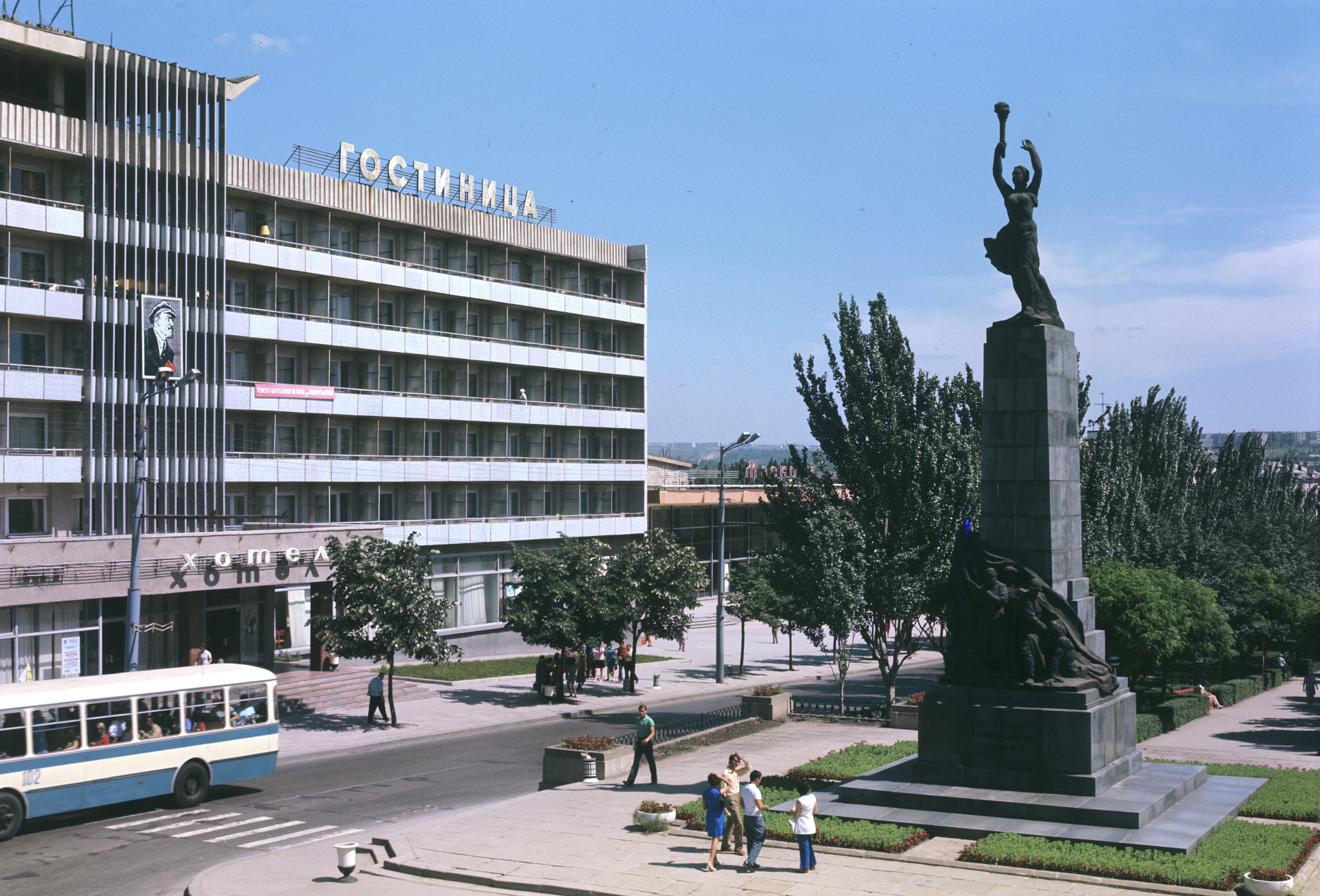MOSCOW, February 11 - RAPSI. In response to a claim filed by the UK-based Hermitage Capital, Moldova has launched criminal proceedings which, according to an EU Observer report, implicate the country’s largest bank, the “Russian mafia,” and six European countries.
According to the report, Hermitage Capital – the company that formerly employed deceased whistleblower Sergei Magnitsky – submitted documents to Moldovan authorities allegedly evidencing the transfer of $53 million by a Russian organized crime group known as the Kluyev Group to Moldova’s Banca de Economii.
The money was transferred in turn to accounts in Austria, Cyprus, Estonia, Finland, Latvia, Lithuania, Switzerland, and Hong Kong, according to these documents.
Criminal proceedings were reportedly launched by Moldova’s National Anti-Corruption Center, which declined to go into specifics about who was under investigation – citing the imperative of the presumption of innocence.
Prior to his death in a Moscow pre-trial detention center, the Hermitage Capital lawyer claimed that Russian tax officials had stolen $230 million from the company and laundered the funds through various European banks. Russia has refuted the accusations on numerous occasions.
Last summer, Hermitage Capital sent requests to the prosecutor's offices of six countries to freeze accounts held at banks which are thought to have transferred the embezzled funds in 2008. Hermitage Capital believes that banks in Latvia, Estonia, Lithuania, Austria, Finland and Cyprus were involved. The Lithuanian Prosecutor General's Office launched a pretrial investigation the day after receiving Hermitage Capital's emailed request.
Then in January, Lithuanian authorities froze several bank accounts in connection with the claims.
A similar inquiry conducted in Estonia ended in late January with the conclusion that roughly $10 million may have been laundered through Estonian banks. Prosecutors, however, decided against opening a case, stating, "[t]here is no reason to open a criminal case in Estonia, as the money was transferred online from Estonia to overseas accounts belonging to foreign enterprises represented by foreign nationals."
On November 24, 2008, Magnitsky was arrested on suspicion of masterminding large-scale corporate tax evasion. He died in Butyrka pretrial detention center on November 16, 2009 after spending a year behind bars. According to the Prosecutor General's Office, his death was caused by cardiovascular problems. His death triggered amendments to the Criminal Code and a reshuffling of officials in the penal system. Investigators accused Magnitsky and his accomplices stole hundreds of millions of rubles from the state budget by manipulating tax returns between September and October 2007.
Russia’s recent decision to continue prosecuting Magnitsky for the crimes despite the fact that these proceedings will – for obvious reasons – be held in absentia, has proven controversial, eliciting outcries from Amnesty International and Western scholars.
Under Russian criminal law, a dead person can be prosecuted. According to Article 24 of the Russian Code of Criminal Procedure, proceedings can be closed against a deceased person who stood accused of some some crime pending the consent of his relatives. The case would then be closed on so called non-rehabilitative grounds meaning that relatives of the person do not demand the deceased person to be recognized as innocent. Under the law, if a family wants their deceased to be cleared of all charges and declared innocent, they must approve ongoing investigations.
Notably, former investigator Pavel Karpov has sued Hermitage Capital and its manager Bill Browder for libel based on the latters’ public claims of his involvement in Magnitsky’s death. The defense motion of Bill Browder and Jamison Firestone admits that the two helped set up a website called Russian Untouchables, which aims to expose all those deemed responsible for Magnitsky’s death. The website focuses extensively on the so-called Kluyev Group. These libel proceedings remain underway.



